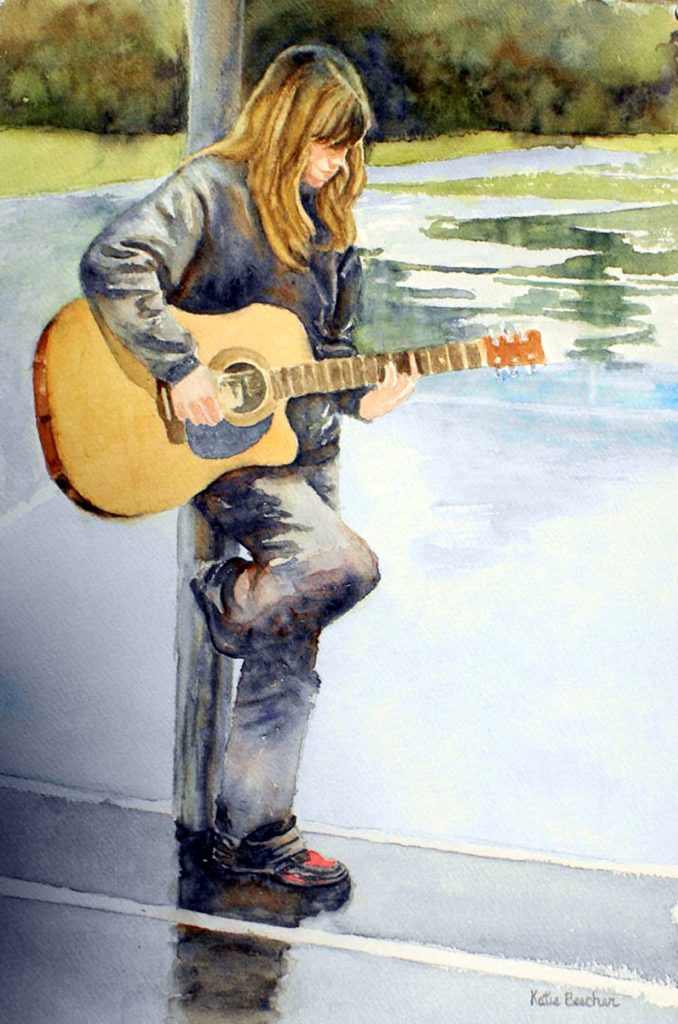
Even the most independent kids depend on adults during stressful times. It can be difficult to know what to say and do to help ease their fears, keep them busy, encourage hope in the future and help them to feel strong and capable. As any parent can tell you, children usually don’t let us know what they are thinking and feeling with their words, usually because they aren’t sure themselves. Even if they do know, they may not feel comfortable expressing themselves verbally, so we often have to figure out what they are trying to personally process after the tantrums, fighting, self-destructive behavior and withdrawal have passed.
What can you do as a parent or grandparent, aunt, uncle or sibling of a child of any age to help make this crisis easier?
- Take care of yourself. As is the case with any situation, if you are depleted, you can’t take care of anyone else. Eat healthy, exercise, release stress, get outside, etc.
- Kids learn more from what they see than what they hear and they are sponges. If they see you overtaken by fear, they will feel unsafe. If you are anxious, find a way to deal with it for yourself and your children.
- Help them connect to people they are missing, like friends and relatives. We all need to socialize but children need it even more than adults. If older relatives don’t know how to use video chats or email, this is a good opportunity to teach them.
- Be patient. They may get on your nerves and want more of your time, especially if they are bored, but that is understandable. If we want our kids to be patient with us and our shortcomings, we must extend the same courtesy to them.
- Help them find things to do, like art projects, treasure hunts outside, cooking, games…the ideas online and possibilities are endless. As much as possible, engage in these activities with them since you may never have this much time with them again. As a mother of two grown daughters, I can tell you that they grow up very quickly. Some of our favorite memories are times when we just hung out and played.
- Listen and observe. Kids tell us what they need through their actions and words. Ask questions but don’t push. Let them know that they can talk to you.
- Limit exposure to TV and internet in general but especially programming concerning the virus. Some networks have the death rate constantly on the screen and watching the number rise is terrifying for many adults, but especially terrifying for children.
- Let your children know that you are taking care of them. Teach them about hand washing and why you are doing it. If you are making masks, let them help you. Help them feel empowered and know that you are taking action so they don’t feel helpless.
- On that same note, volunteer and help others if you can. You can do it from the safety of your home. I know people who are raising money for meals and taking donations of supplies for healthcare and other essential workers, who are picking up trash around the neighborhood, who are grocery shopping for people who can’t, walking dogs and so much more. Many of them have children who are thrilled to be helping.

